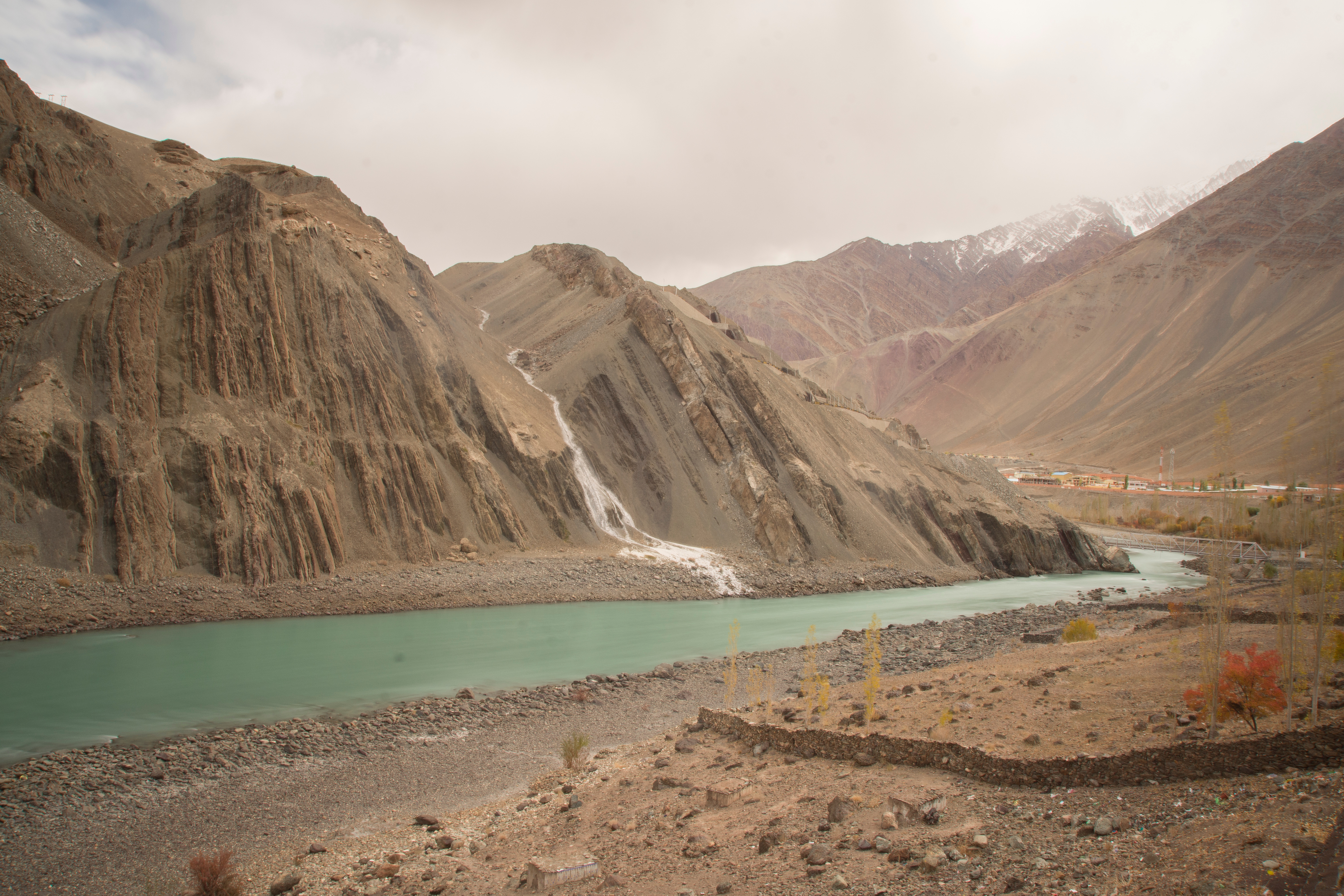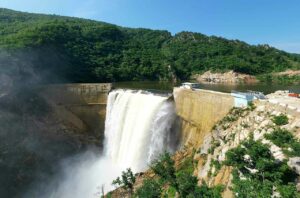Executive Summary
In 2022, the growing impacts of climate change and water stress have been felt across the globe: the prolonged droughts in the Middle East and North Africa, erratic monsoons in South Asia, and record-breaking heat waves in Europe all wreaked humanitarian and socio-economic havoc. Certainly, the climate crisis is unraveling on the planet much faster than formerly perceived and there has been a particularly profound impact on global freshwater resources. Water scarcity already impacts almost 2 billion people around the world, and this figure will further multiply in the near future as more and more regions come to experience conditions of severe water stress.1UNICEF, “Water Scarcity.”
This intensifying global water stress demands a more urgent and proactive response from all stakeholders involved. Last year, COP27 reinforced the need for international cooperation to assist countries and communities to build greater resilience and combat water insecurity. This year in March, the United Nations (UN) is hosting the first water conference, in almost 45 years, on the Midterm Comprehensive Review of the implementation of the UN Decade for Action on Water for Sustainable Development 2018-2028.2United Nations, “UN 2023 Water Conference.” The UN Water Conference is anticipated to be a pivotal moment to accelerate water action to achieve both Sustainable Development as well as climate action goals.
This report builds on KAS and Stimson’s previous work under the Water Security and International Hydro-diplomacy project to examine the importance of global water cooperation and diplomacy for a sustainable and secure future for all. It serves to evaluate the effectiveness of existing regional and basin-wide water governance mechanisms, the significance of international institutions, the relevance of multi-stakeholder partnerships, and calls for an urgent recognition and implementation of the water-food-energy nexus within transboundary river contexts. Lastly, the report also features an overview of the project’s most recently concluded 2-day conference on International Hydro-diplomacy: Building and Strengthening Transboundary Water Governance Institutions.
Notes
- 1UNICEF, “Water Scarcity.”
- 2United Nations, “UN 2023 Water Conference.”




